Home>Garden Essentials>What Is The Best Soil Mix For Carrots
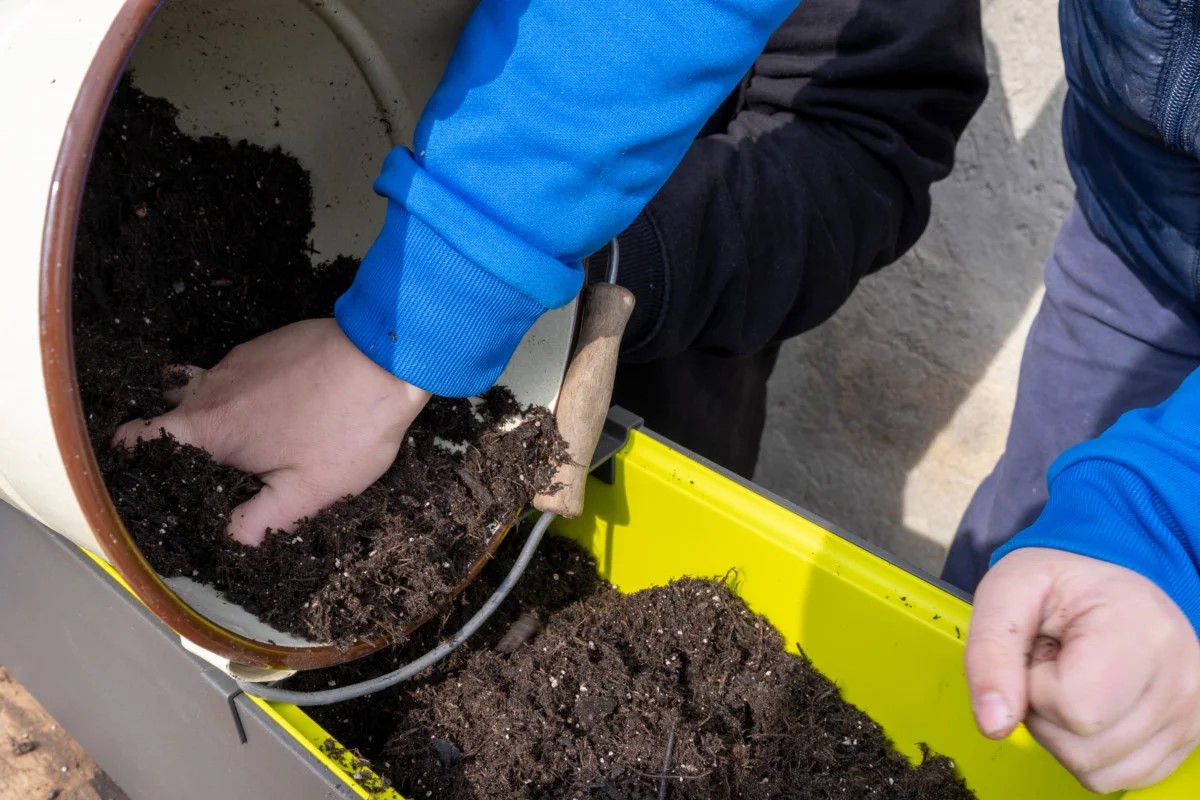

Garden Essentials
What Is The Best Soil Mix For Carrots
Modified: October 18, 2024
Looking for the perfect garden soil mix for growing carrots? Discover the best soil composition to ensure healthy and flavorful carrots in your garden.
(Many of the links in this article redirect to a specific reviewed product. Your purchase of these products through affiliate links helps to generate commission for Storables.com, at no extra cost. Learn more)
Introduction
Carrots are one of the most popular and nutritious vegetables, known for their vibrant colors and sweet flavors. Whether you’re a gardening enthusiast or a beginner, growing carrots can be a rewarding and delicious experience. However, to ensure a successful harvest, it is crucial to pay attention to the soil mix in which you plant your carrots.
Soil mix plays a crucial role in providing the necessary nutrients, moisture, and support for carrot plants to thrive. It determines the overall health and quality of the carrots you’ll be able to grow. In this article, we will explore the importance of choosing the right soil mix for carrots and provide you with recommendations and tips for creating the best environment for your carrot plants.
Key Takeaways:
- Choose a soil mix with good drainage, balanced nutrients, and the right pH to help carrots grow healthy and flavorful.
- Regularly test and adjust soil pH, replenish organic matter, and practice crop rotation to maintain healthy soil for thriving carrot plants.
Read more: What Is The Best Soil Mix For Tomatoes
Importance of Soil Mix for Carrots
The soil mix you choose for your carrot plants can significantly impact their growth, development, and overall health. Here are some reasons why soil mix is crucial for successful carrot cultivation:
- Nutrient availability: Carrots require a balanced supply of nutrients for healthy growth. The soil mix should provide essential nutrients like nitrogen, phosphorus, and potassium, as well as micronutrients such as calcium, magnesium, and iron. A well-balanced soil mix ensures that the carrots have access to these nutrients throughout their growth cycle, promoting optimal root development and vibrant foliage.
- Drainage and moisture retention: Carrots prefer well-draining soil with good moisture retention. A soil mix that is too compacted or heavy can hinder proper root development and lead to stunted or deformed carrots. Conversely, a soil mix that drains too quickly can result in dry and shriveled carrots. Finding the right balance between drainage and moisture retention is essential for healthy carrot growth.
Soil structure: Carrots have long, slender roots that require loose, friable soil to penetrate easily. A soil mix with good structure allows the carrot roots to grow straight and deep, resulting in straight and uniform-shaped carrots. It also facilitates adequate aeration and helps prevent diseases caused by poor soil drainage.- pH level: Carrots prefer slightly acidic to neutral soil with a pH range of 6.0 to 7.0. The soil mix should be pH balanced to ensure optimal nutrient uptake by the carrot plants. If the soil pH is too high or too low, the availability of certain nutrients may be limited, leading to nutrient deficiencies or toxicities.
- Organic matter content: Adding organic matter to the soil mix improves its structure, fertility, and moisture holding capacity. Organic matter provides a slow-release supply of nutrients, promotes beneficial microbial activity, and enhances overall soil health. It also helps prevent nutrient leaching and erosion, ensuring a sustainable and resilient growing environment for your carrots.
By understanding the importance of soil mix for carrots, you can make informed choices when it comes to selecting or creating the right soil blend to support the growth and development of your carrot plants.
Factors to Consider for the Best Soil Mix
When creating or selecting the best soil mix for your carrot plants, there are several factors to consider. These factors will help you ensure that the soil provides the ideal conditions for carrot growth. Here are some key factors to keep in mind:
- Texture: Carrots grow best in a loose, well-draining soil mix. The soil should have a light and crumbly texture that allows for proper root penetration and good drainage. Avoid heavy, compacted soils that can impede root growth and lead to misshapen carrots.
- Nutrient Content: A balanced nutrient content is essential for carrot growth. Incorporate organic matter, such as compost or well-rotted manure, into the soil mix to provide a steady supply of nutrients. Additionally, consider conducting a soil test to identify any deficiencies or imbalances and amend the soil accordingly.
- pH Level: As mentioned earlier, carrots prefer slightly acidic to neutral soil with a pH range of 6.0 to 7.0. Test the soil pH and adjust it if necessary using amendments such as lime to raise the pH or sulfur to lower it. Maintaining the proper pH level ensures optimal nutrient availability for your carrot plants.
- Moisture Retention: Carrots require consistent moisture, but excessive waterlogging can lead to root rot and other diseases. The soil mix should have good moisture retention while still allowing for proper drainage. Adding organic matter and using mulch can help retain moisture in the soil and regulate soil temperature.
- Soil Fertility: Carrots are heavy feeders and require fertile soil to thrive. Ensure that the soil mix is rich in organic matter and provides a balanced supply of nutrients. Regularly adding compost or organic fertilizers can help maintain soil fertility and promote healthy carrot growth.
By considering these factors, you can create the best soil mix tailored to the needs of your carrot plants. Keep in mind that soil preferences may vary slightly depending on the specific carrot variety you are growing, so it’s always a good idea to research the specific requirements of your chosen carrot variety.
Basic Components of a Good Soil Mix
A good soil mix for carrots should provide a balanced combination of key components that support healthy growth and development. Here are the basic components to include when creating a soil mix:
- Loam or Sandy Soil: Carrots thrive in well-draining soils, so it’s essential to use a loam or sandy soil as the base for your mix. These soil types provide good airflow and prevent waterlogging, allowing the roots to develop properly.
- Organic Matter: Incorporating organic matter into the soil mix is crucial for improving fertility and soil structure. Compost, well-rotted manure, or leaf mold are excellent sources of organic matter. They add vital nutrients, improve water retention, and promote beneficial microbial activity in the soil.
- Perlite or Vermiculite: Adding perlite or vermiculite to the soil mix helps improve drainage and aeration. These lightweight materials prevent compacting and allow for better root growth.
- Sand: If you are working with heavy clay soil, adding sand to your soil mix can help improve its drainage and prevent it from becoming overly compacted. Aim for a sandy loam texture by adding about 10% sand to the mix.
- Peat Moss: Peat moss is an excellent amendment for improving moisture retention and soil structure. It helps the soil hold moisture while still allowing excess water to drain away, creating the ideal moisture balance for carrot plants.
- pH Adjustments: Depending on your soil’s pH, you may need to make adjustments to create the ideal environment for your carrots. Lime can be added to raise the pH if it’s too acidic, while sulfur or elemental sulfur can lower the pH if it’s too alkaline.
- Trace Minerals: Carrots require trace minerals like boron, copper, and zinc for optimal growth. You can incorporate a complete organic fertilizer into the soil mix to ensure a balanced supply of these essential micronutrients.
The ratio of these components may vary depending on your specific soil conditions and the needs of your carrot plants. It’s a good practice to perform a soil test and consult with local gardening experts to fine-tune the mix for your particular garden.
By incorporating these basic components into your soil mix, you’ll create a fertile and well-draining environment that nourishes your carrots and supports their healthy growth and development.
Recommended Soil Mix for Carrots
Creating the ideal soil mix for your carrot plants is essential for their success. While soil conditions may vary, here is a recommended soil mix that provides a good balance of nutrients, drainage, and moisture retention for healthy carrot growth:
- 70% Loam or Sandy Soil: Start with a base of loam or sandy soil, which provides good drainage and airflow for the carrot roots. Loam is an ideal choice as it combines the benefits of both sandy and clay soils.
- 20% Organic Matter: Incorporate about 20% organic matter into the soil mix. This can be in the form of mature compost, well-rotted manure, or leaf mold. Organic matter enriches the soil with nutrients, improves its structure, and encourages beneficial microbial activity.
- 5% Perlite or Vermiculite: Add a small amount (around 5%) of perlite or vermiculite to improve soil drainage and aeration. These lightweight materials prevent compaction and create a looser texture, promoting better root penetration and growth.
- 5% Peat Moss: Include a small percentage (around 5%) of peat moss in the soil mix to enhance moisture retention while maintaining good drainage. Peat moss helps create an optimal moisture balance for your carrot plants.
- pH Adjustments: Test the pH of your soil and make any necessary adjustments. Carrots prefer a slightly acidic to neutral pH level between 6.0 and 7.0. If the pH is outside this range, use lime to raise it or sulfur to lower it accordingly.
- Trace Minerals: To ensure adequate micronutrient supply, incorporate a complete organic fertilizer into the soil mix. This will help provide essential trace minerals like boron, copper, and zinc, which are crucial for the healthy growth of carrots.
Mix the components thoroughly to ensure they are well-blended before filling your planting containers or preparing the garden bed. It’s also a good idea to moisten the soil mix slightly before planting to promote proper seed germination and root establishment.
Remember that every garden is unique, and soil conditions may vary, so it’s always beneficial to perform a soil test and consult local gardening experts for personalized recommendations tailored to your specific needs.
By using this recommended soil mix, you’ll provide the optimal growing environment for your carrot plants, setting them up for success and maximizing their potential for healthy, flavorful harvests.
For growing carrots, use a well-draining soil mix with a good balance of sand, silt, and clay. Add organic matter like compost to improve soil structure and fertility. Avoid compacted or rocky soil.
Read more: What Is The Best Soil Mix For Strawberries
Testing and Adjusting Soil pH
Soil pH plays a crucial role in determining the nutrient availability for plants, including carrots. Testing and adjusting the pH of your soil is important to ensure optimal growing conditions for your carrot plants. Here are the steps to test and adjust soil pH:
- Testing Soil pH: Start by obtaining a soil testing kit or sending a soil sample to a local agricultural extension office or a professional soil testing laboratory. Follow the instructions provided to collect a representative soil sample from your garden.
- Prepare the soil sample: Remove any debris or stones from the soil sample, ensuring you have a clean representation of the soil. Break up any clumps and mix the soil thoroughly.
- Perform the soil test: Using the soil testing kit or following the instructions provided by the testing laboratory, perform the pH test on the soil sample. This usually involves adding a specific amount of soil to a testing container, adding the provided testing solution, and observing the color change indicated on the test kit or submitting the sample to the testing laboratory.
- Analyzing the results: The test results will indicate the pH level of your soil. The optimal pH range for carrots is slightly acidic to neutral, between 6.0 and 7.0. If the pH is outside this range, adjustments may be necessary.
- Adjusting soil pH: If the soil pH is too acidic (below 6.0), you can raise it by adding lime to the soil. Lime is available in different forms, such as agricultural lime or dolomite lime. Follow the instructions on the packaging for the appropriate application rate, and work the lime into the soil thoroughly.
- If the soil pH is too alkaline (above 7.0), you can lower it by adding elemental sulfur or elemental sulfur-containing amendments. Again, follow the instructions for the appropriate application rate and mix the amendment into the soil.
- Retesting the soil: After making the necessary pH adjustments, wait for several weeks before retesting the soil to ensure the adjustments have taken effect.
It’s important to note that adjusting soil pH is a gradual process, and big changes should be made over multiple growing seasons to avoid overcorrection. Regular soil testing every few years will help you monitor and fine-tune the pH to ensure the optimal growing conditions for your carrots.
By testing and adjusting the soil pH, you’ll create an environment that promotes nutrient availability and uptake for your carrot plants. This will result in healthier growth and more bountiful harvests.
Soil Preparation and Planting Tips
Proper soil preparation is crucial for successful carrot growth. By preparing the soil adequately and following some essential planting tips, you can ensure optimal conditions for your carrot plants. Here are some tips to consider:
- Clear the area: Begin by clearing the planting area of any weeds, rocks, or debris. This will create a clean and open space for your carrot plants to grow.
- Loosen the soil: Use a garden fork or a tiller to loosen the soil to a depth of at least 8-10 inches. This will help break up any compacted soil and create a loose and friable texture that allows for good root penetration.
- Remove large stones: Remove any large stones or rocks from the soil as you prepare it. Carrots prefer a smooth, obstacle-free growing environment to develop straight and uniform roots.
- Amend the soil: Incorporate organic matter into the soil to improve its fertility and texture. Mix in well-rotted compost or aged manure to provide a slow-release source of nutrients and enhance moisture retention.
- Rake the soil: Rake the soil surface to create a smooth, level bed for planting. This will aid in even moisture distribution and provide a better surface for carrot seeds to make contact with the soil.
- Planting depth and spacing: Carrot seeds should be planted around 1/4 to 1/2 inch deep. Space the seeds at least 1 inch apart and leave about 12-18 inches between rows. Thinning the seedlings to about 2-4 inches apart once they have germinated will allow the remaining plants to develop properly.
- Keep the soil consistently moist: Carrots require consistent moisture for germination and root development. Water the soil gently but deeply, ensuring that the moisture reaches the full depth of the root zone. Avoid overwatering, which can cause rot or disease.
- Mulch: Apply a layer of organic mulch, such as straw, around the carrot plants to help conserve moisture, suppress weeds, and regulate soil temperature. Mulching also prevents the formation of a hard crust on the soil surface, which can impede seed germination.
- Monitor and control pests: Watch out for pests like carrot flies and aphids, which can damage carrot plants. Use organic pest control methods, such as row covers or companion planting with pest-repellent herbs, to protect your carrots.
- Thin the seedlings: As the carrot seedlings grow, thin them out to allow enough space for the remaining plants to develop. Thinning helps avoid overcrowding, promotes proper root growth, and ensures larger, more desirable carrots.
By following these soil preparation and planting tips, you’ll create an optimal growing environment for your carrot plants. This will maximize their growth potential and increase your chances of harvesting flavorful and healthy carrots.
Maintaining Healthy Soil for Carrots
Keeping the soil healthy is an ongoing process that can greatly impact the growth and productivity of your carrot plants. By implementing proper soil maintenance practices, you can ensure that your carrots have the best possible growing conditions. Here are some tips for maintaining healthy soil:
- Regularly replenish organic matter: Organic matter is the key to maintaining soil fertility and structure. Each growing season, add compost, well-rotted manure, or other organic amendments to your soil to replenish nutrients and improve soil structure. This will contribute to the long-term health and productivity of your carrot plants.
- Practice crop rotation: Carrots are susceptible to various pests and diseases. By practicing crop rotation, you can help prevent the build-up of these problems in the soil. Rotate your carrot plants with other unrelated crops each year to disrupt pest cycles and maintain a healthier soil ecosystem.
- Don’t overwater: While carrots require consistent moisture, it’s important not to overwater them. Excessive moisture can lead to root rot and other diseases. Regularly monitor soil moisture levels and water deeply but infrequently, allowing the soil to partially dry between waterings. This will prevent waterlogged conditions and ensure healthier root development.
- Use cover crops: During periods when you’re not growing carrots, consider planting cover crops like legumes or grasses. Cover crops help improve soil structure, reduce erosion, and add organic matter when tilled back into the soil. They also help suppress weeds and improve nutrient cycling.
- Practice companion planting: Some plants have natural pest-repellent properties or mutually beneficial relationships with carrots. Consider planting companion plants like onions, garlic, or marigolds near your carrots to deter pests and promote overall plant health.
- Monitor soil pH and nutrient levels: Periodically test your soil pH and nutrient levels to ensure they remain within the optimal range for carrot growth. Based on the results, adjust the pH if necessary and apply organic fertilizers or soil amendments to address any deficiencies or imbalances.
- Weed regularly: Weeds compete with carrot plants for nutrients, water, and sunlight. Regularly remove weeds from the growing area to reduce competition and prevent the spread of diseases. Mulching can also help suppress weeds and maintain a clean growing environment.
- Avoid compaction: Avoid walking or working in the garden bed when the soil is too wet, as this can lead to compaction. Compacted soil restricts root growth and inhibits nutrient uptake. Use raised beds or pathways to minimize soil compaction and create accessible growing areas for your carrots.
- Monitor for pests and diseases: Keep a watchful eye on your carrot plants for any signs of pests or diseases. Early detection allows for prompt intervention, reducing the risk of severe damage. Use organic pest control methods when necessary, ensuring minimal impact on the soil health and overall ecosystem balance.
By following these practices, you can maintain healthy soil that provides the necessary nutrients, moisture, and support for your carrot plants. Healthy soil leads to vigorous growth, better yields, and higher quality carrots.
Conclusion
Growing carrots successfully relies on more than just planting and watering. Creating the best soil mix for your carrots is essential for their overall health and development. By considering the importance of soil mix, understanding the factors involved in selecting the best mix, and following recommended soil preparation and planting techniques, you can provide an optimal growing environment for your carrot plants.
Remember, the soil mix should have good drainage and moisture retention, a balanced nutrient content, the correct pH level, and sufficient organic matter. These factors play a vital role in providing the necessary nutrients, supporting root development, and ensuring overall plant health.
Regular soil testing and adjustments are vital to maintain the proper pH and nutrient balance for your carrot plants. By monitoring and maintaining the health of your soil, you create an environment that promotes healthy growth, helps prevent pests and diseases, and ultimately leads to a more bountiful and flavorful harvest of carrots.
In addition to soil care, implementing proper crop rotation, companion planting, and weed control practices further contribute to the overall health of your carrot plants and the soil they grow in. These practices help manage pests and diseases, improve soil structure, and enhance the overall biodiversity and resilience of your garden.
Remember to always monitor your carrot plants for signs of pest or disease infestation, and take immediate action to prevent further damage. Regular weeding and maintaining proper moisture levels are equally important aspects of maintaining healthy soil and promoting optimal carrot growth.
In conclusion, by understanding the significance of soil mix, following recommended soil preparation techniques, and implementing soil maintenance practices, you can create a thriving environment for your carrot plants. Healthy soil leads to healthy and flavorful carrots, allowing you to enjoy the bountiful harvest of this beloved and nutritious vegetable.
Frequently Asked Questions about What Is The Best Soil Mix For Carrots
Was this page helpful?
At Storables.com, we guarantee accurate and reliable information. Our content, validated by Expert Board Contributors, is crafted following stringent Editorial Policies. We're committed to providing you with well-researched, expert-backed insights for all your informational needs.

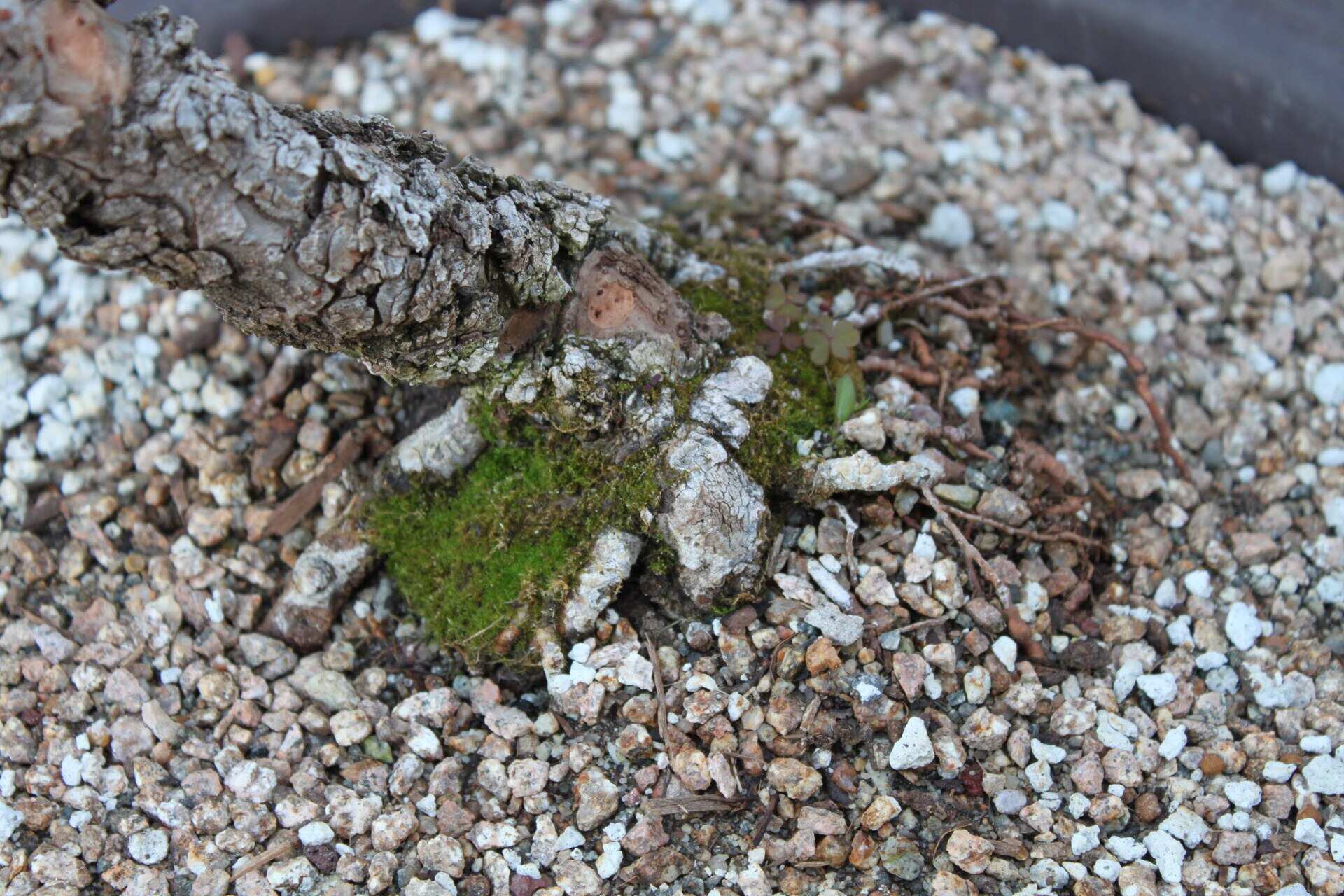
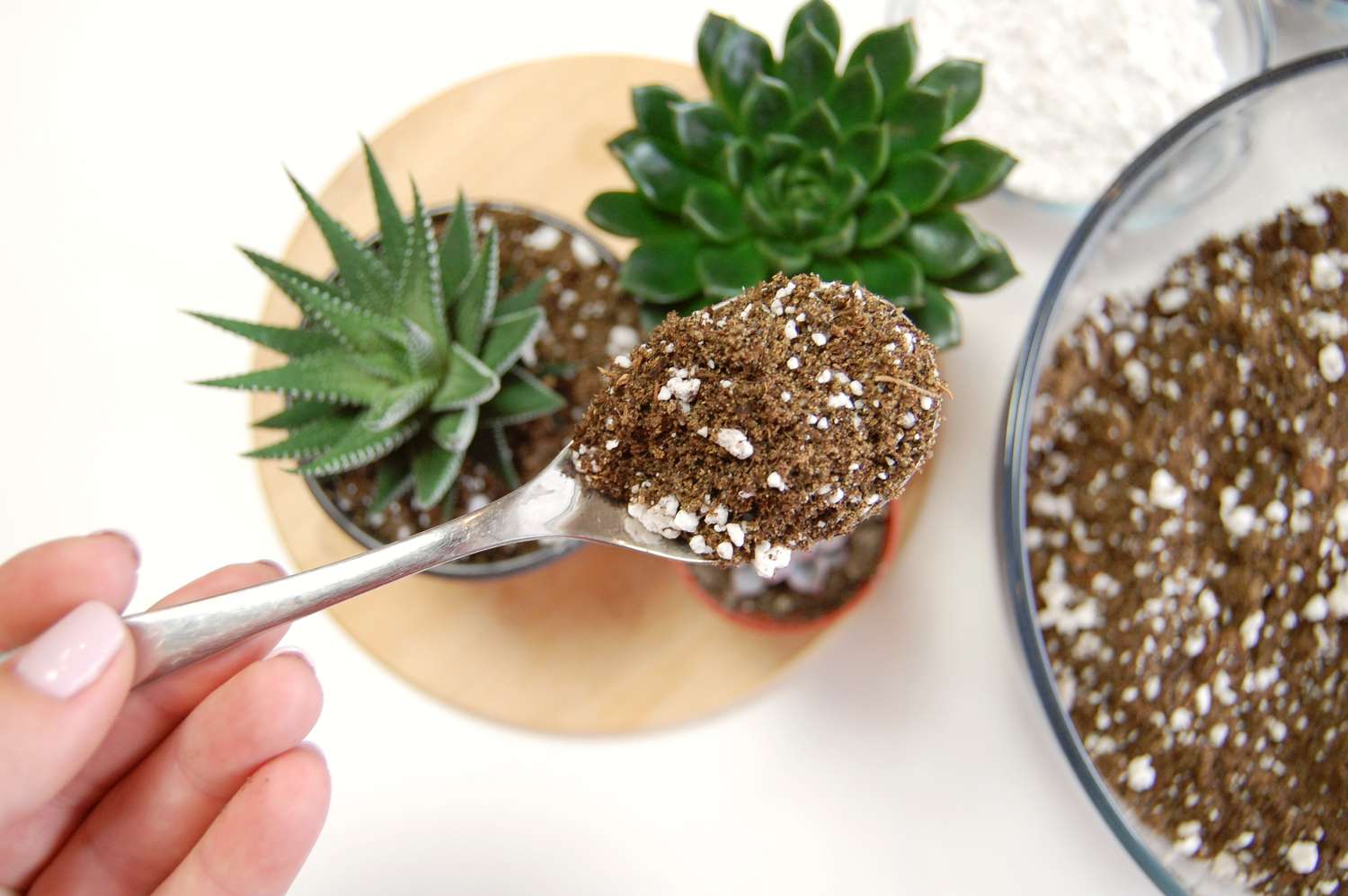
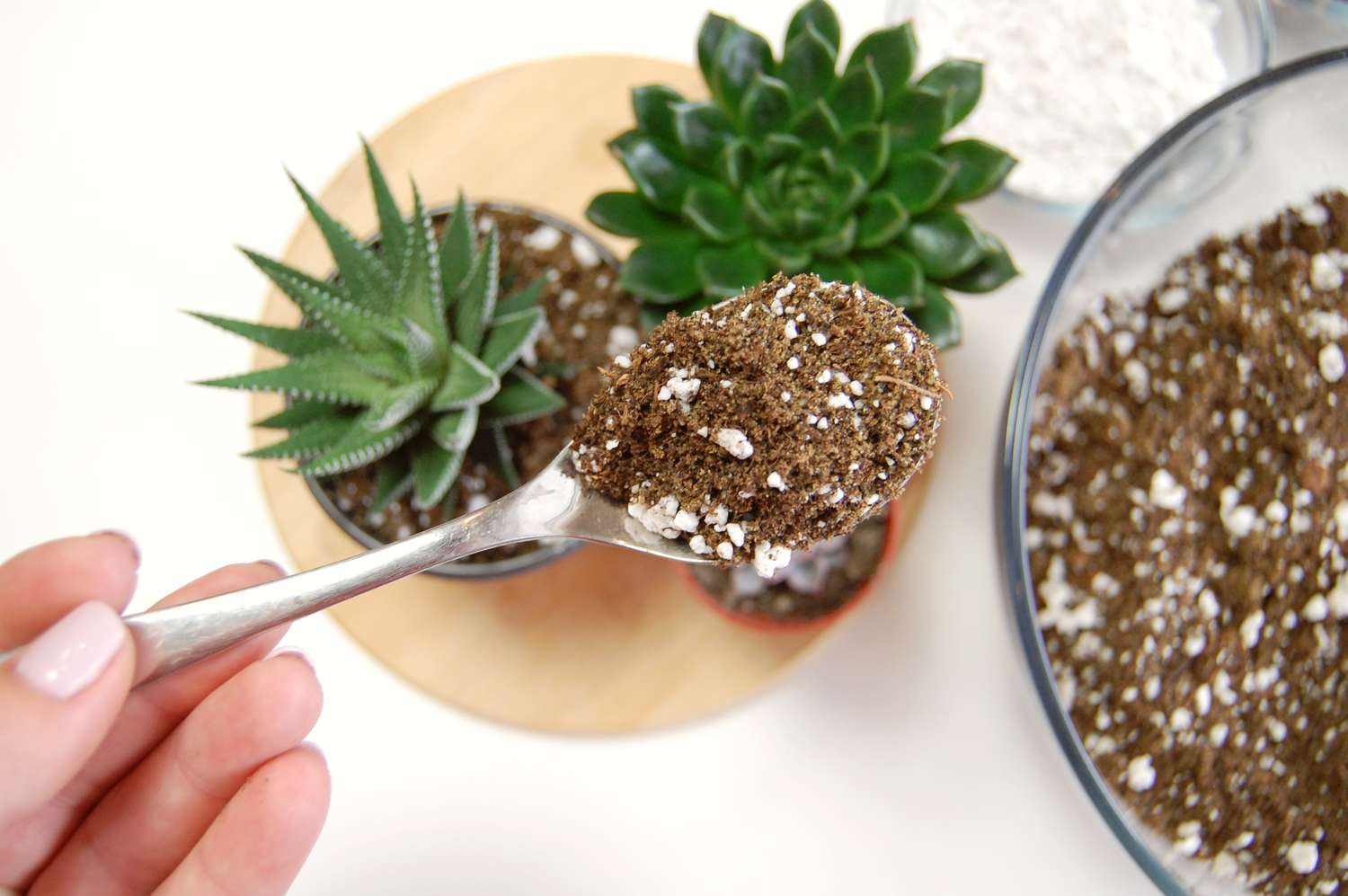
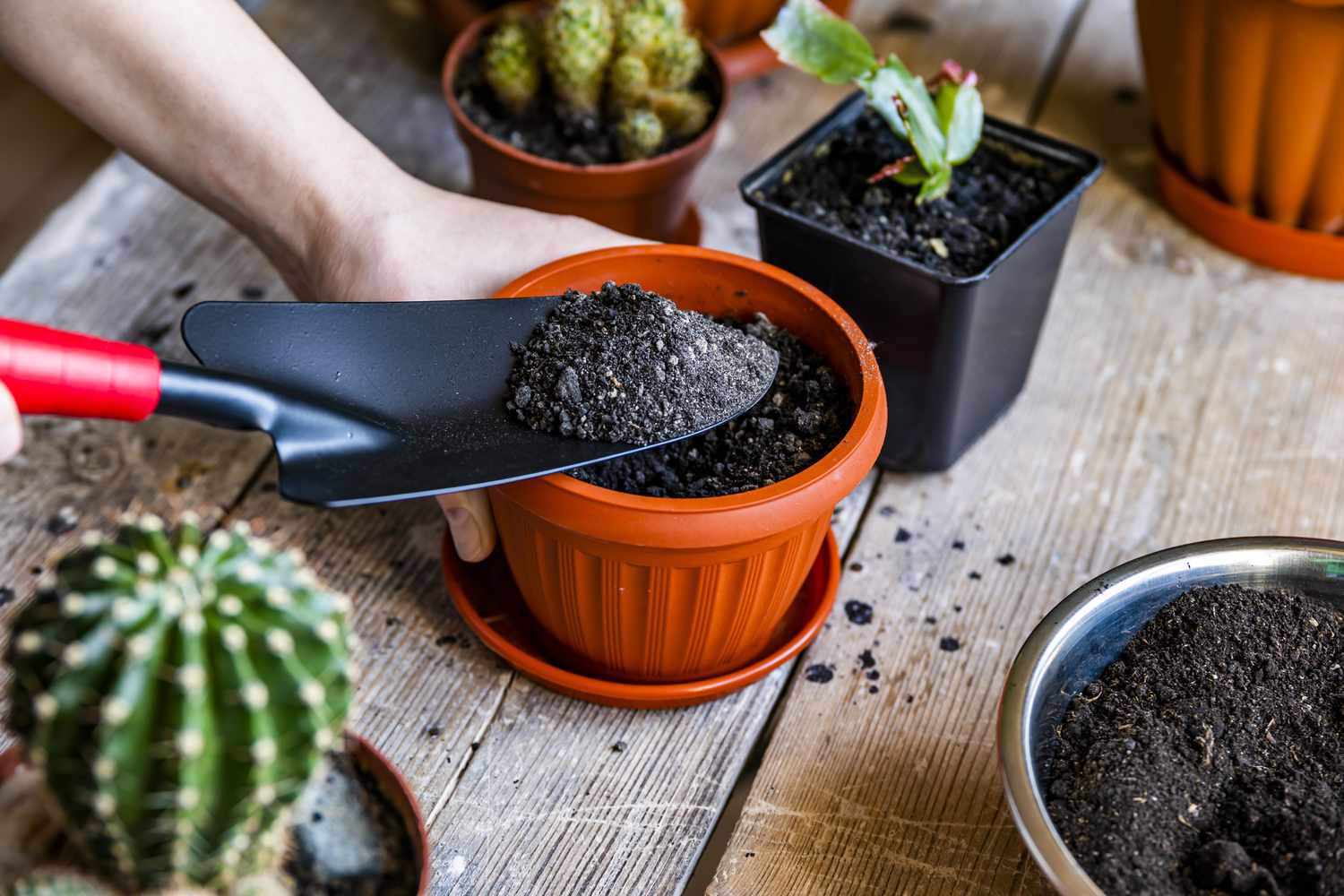
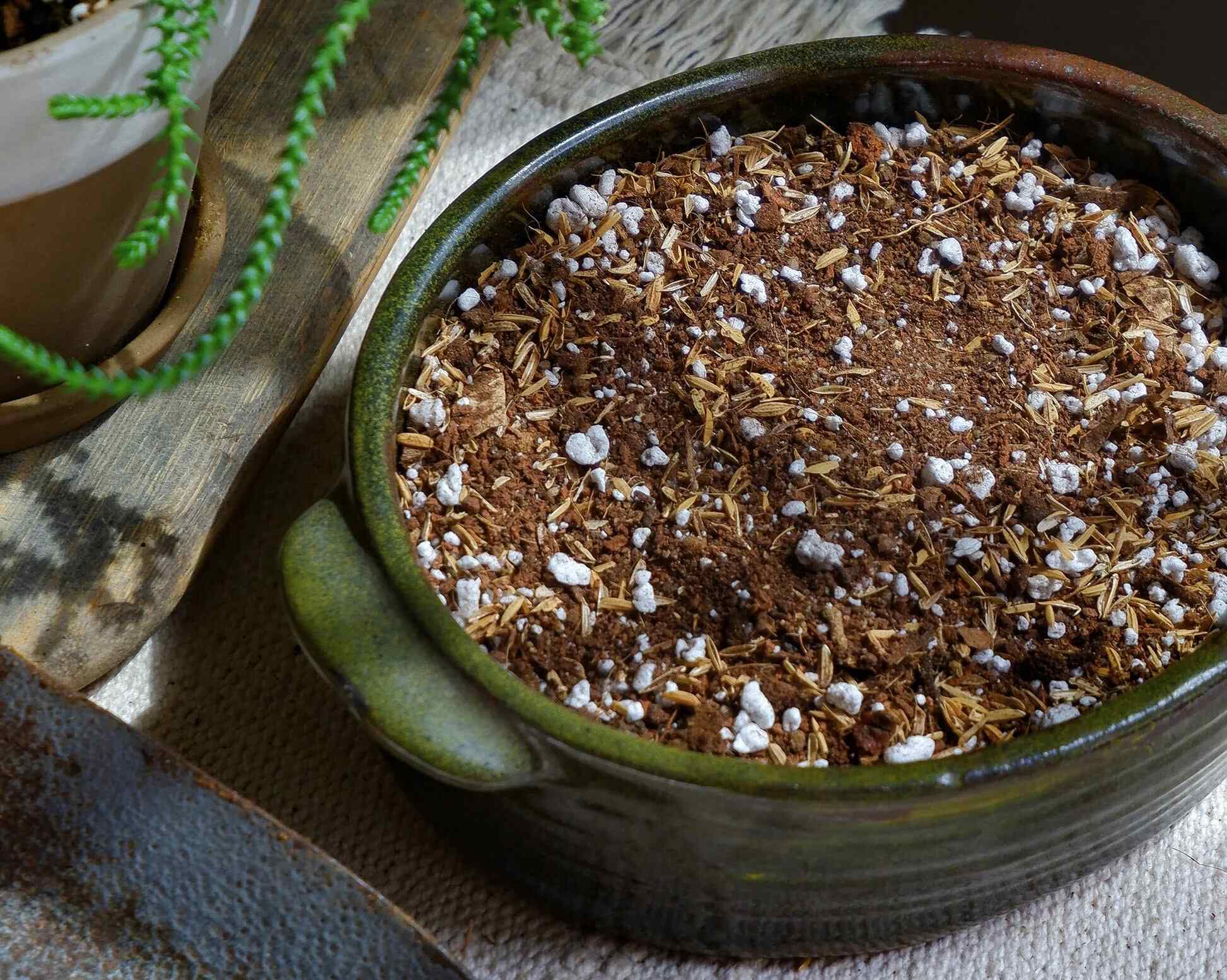
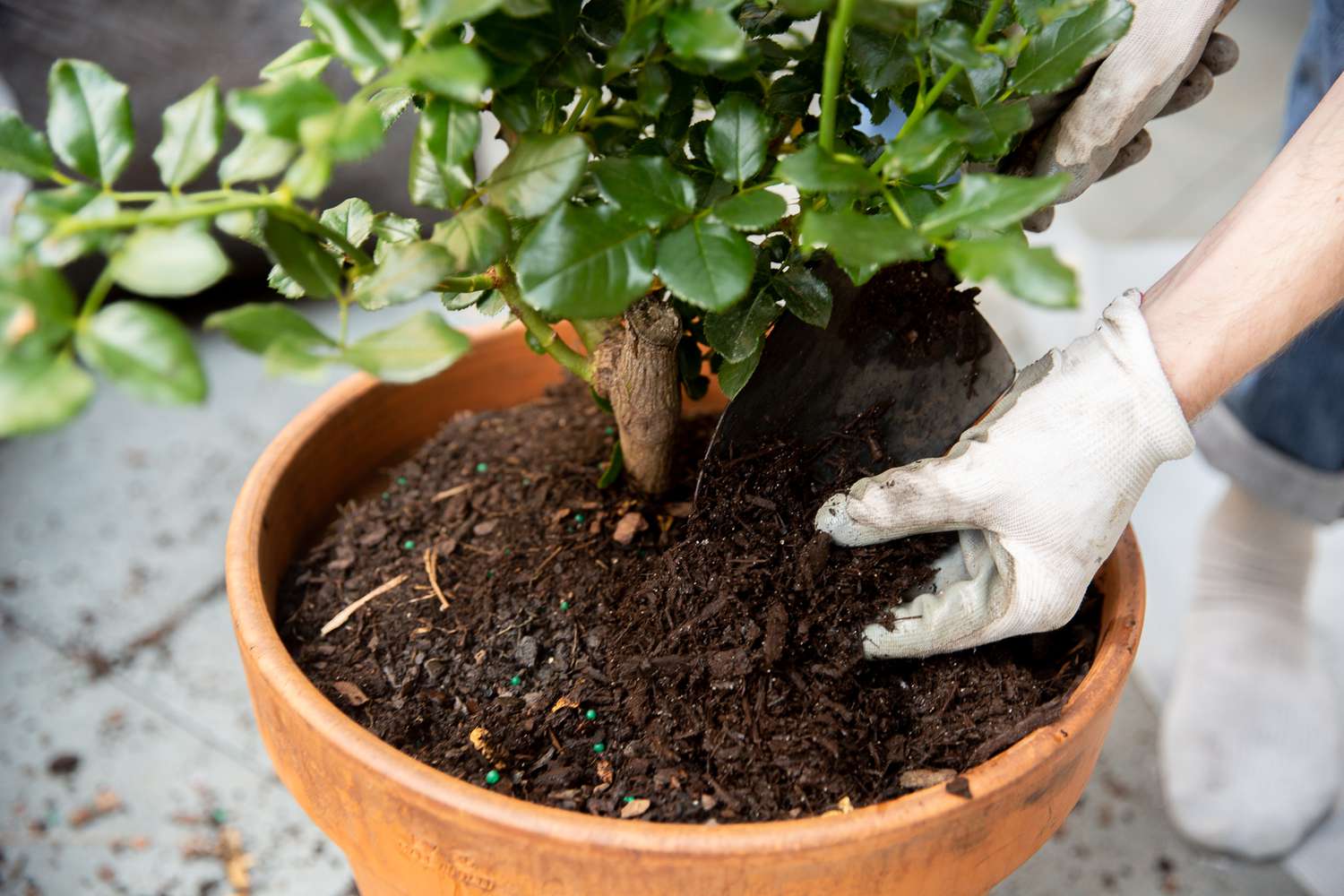
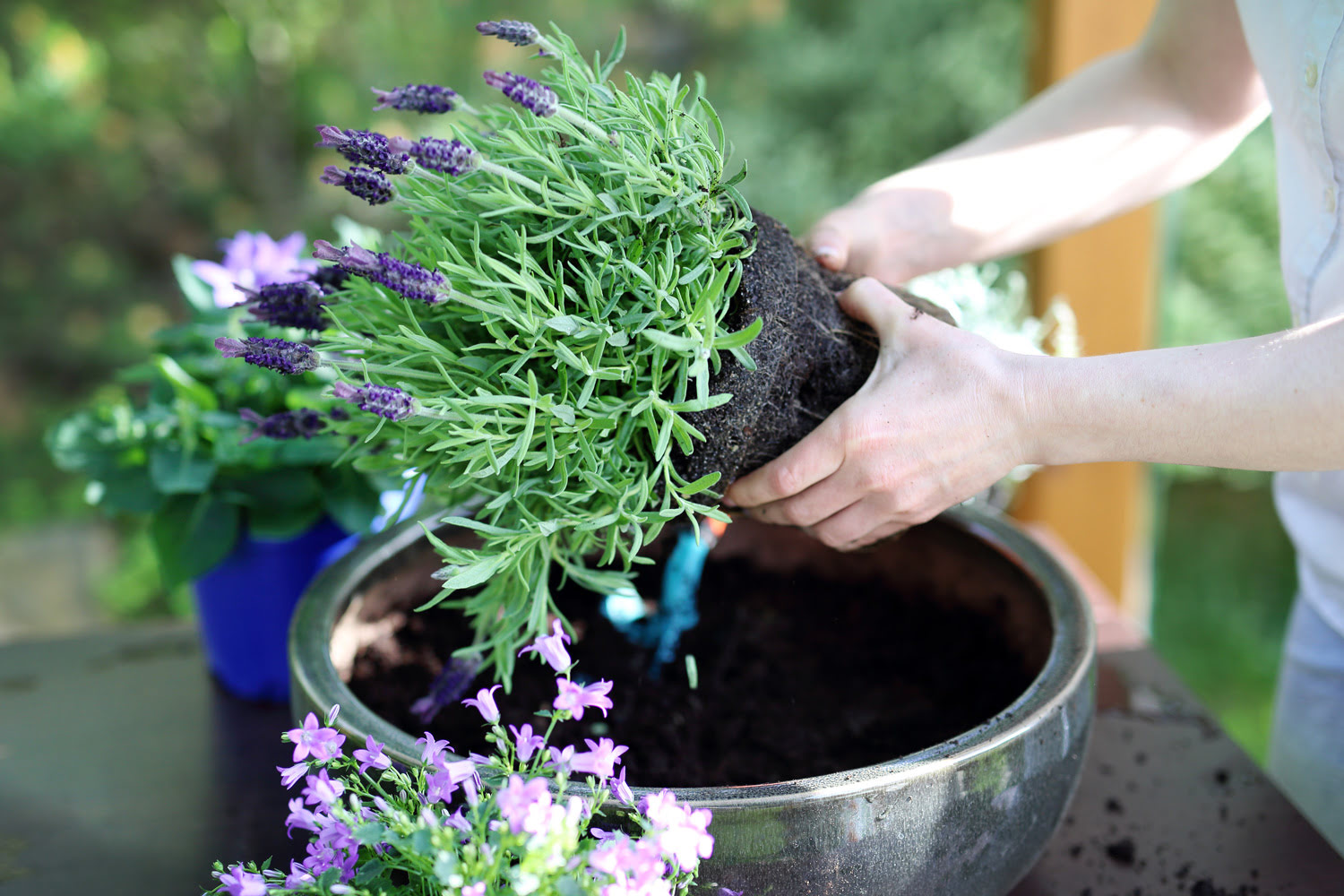
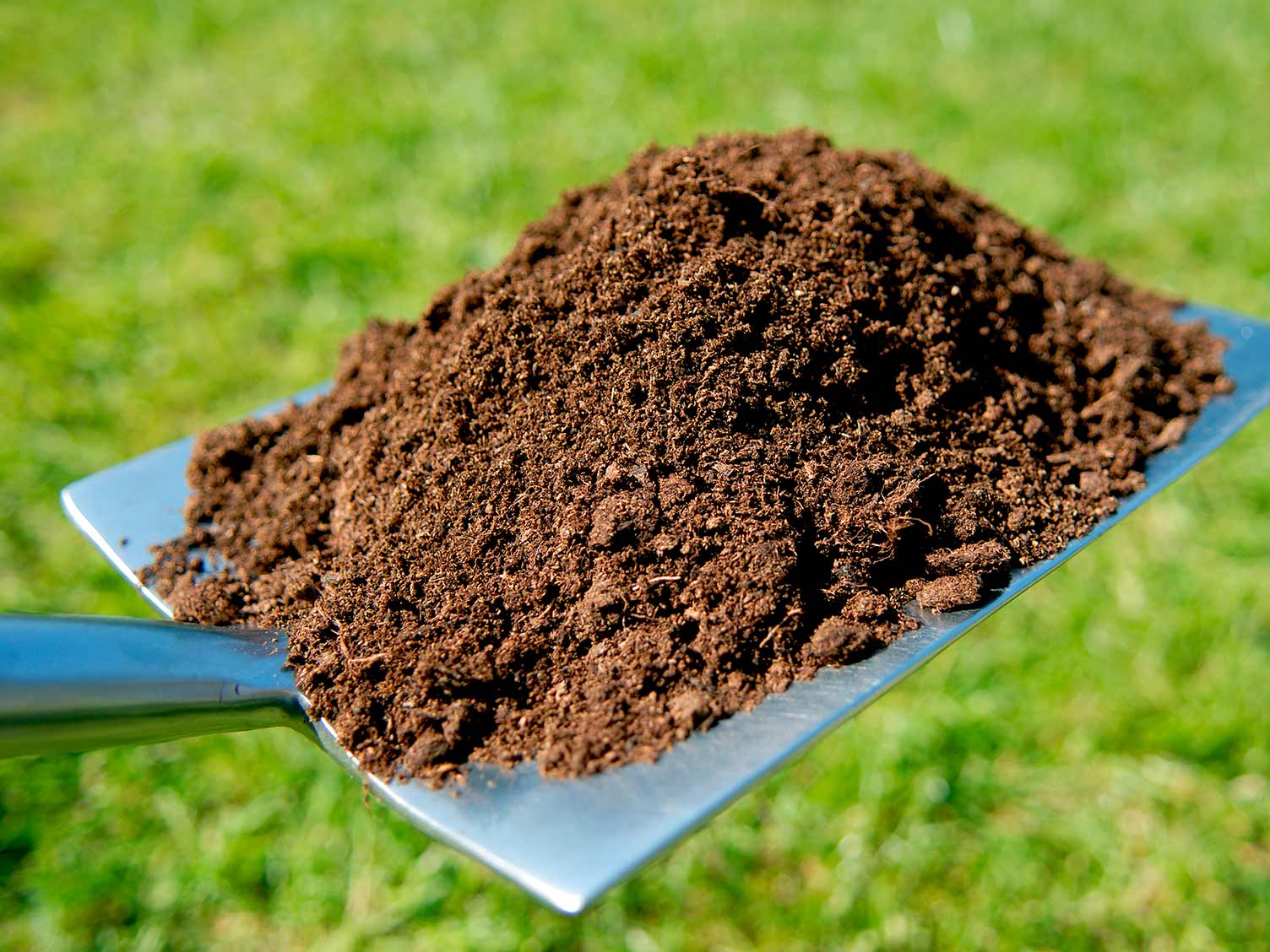
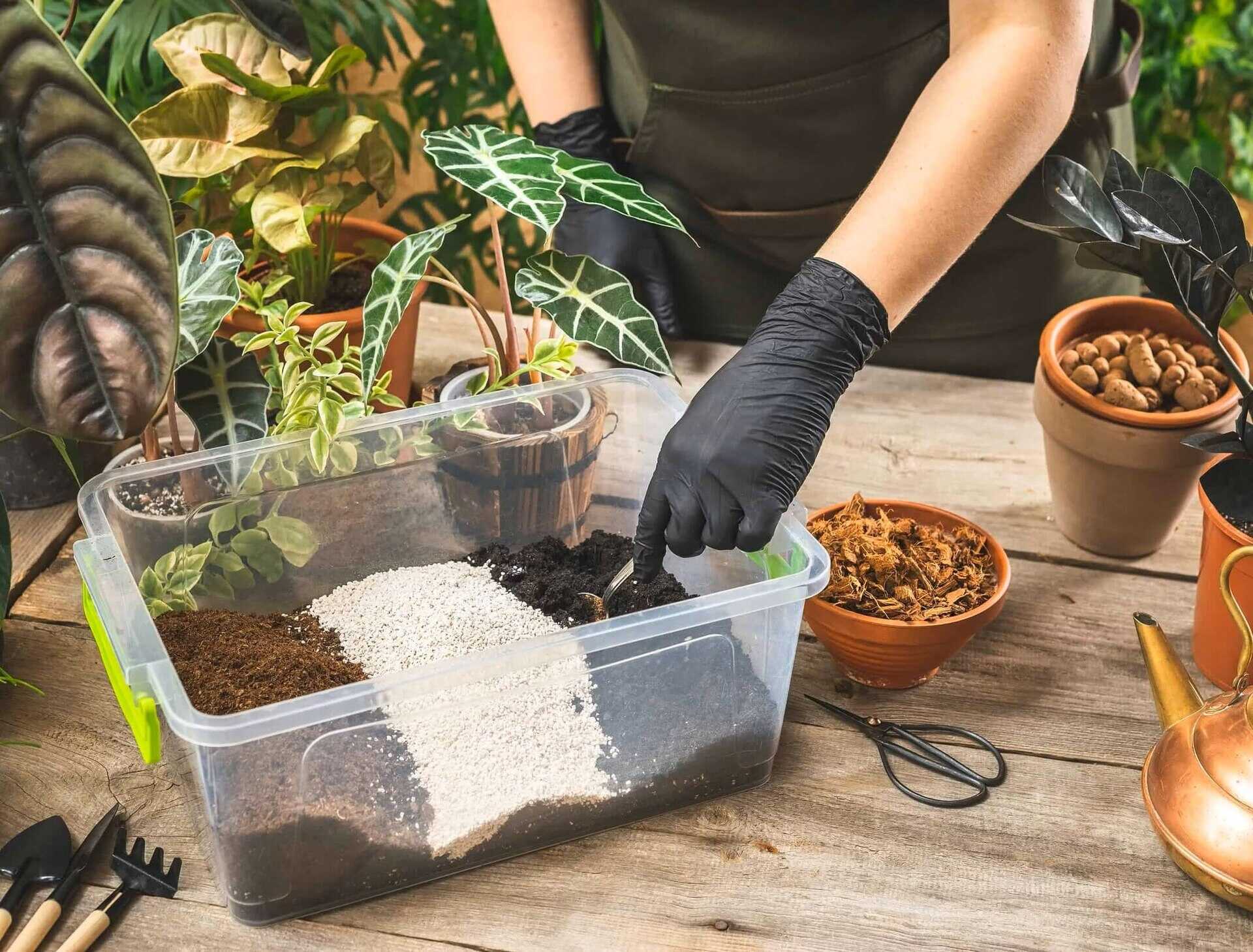
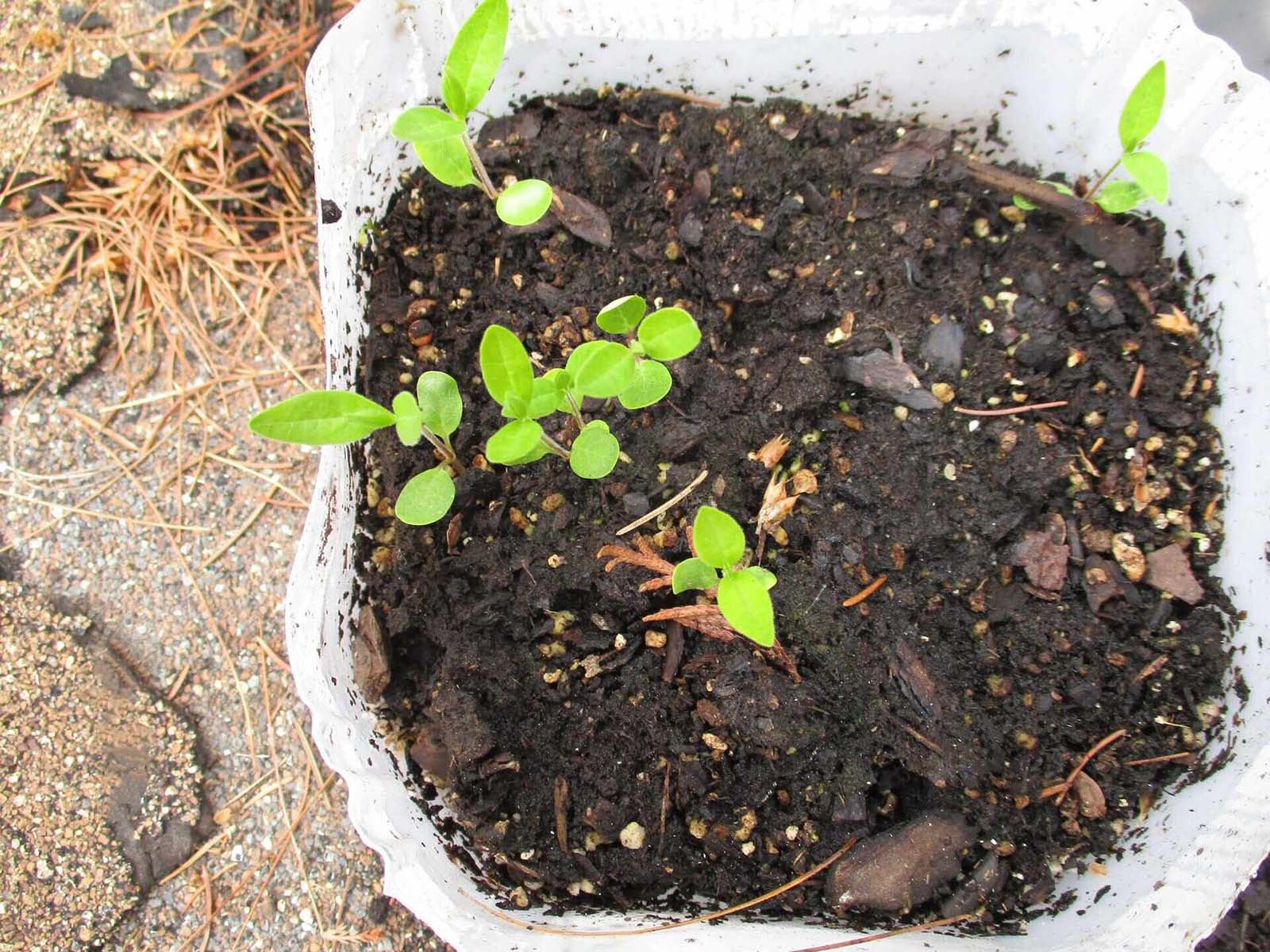
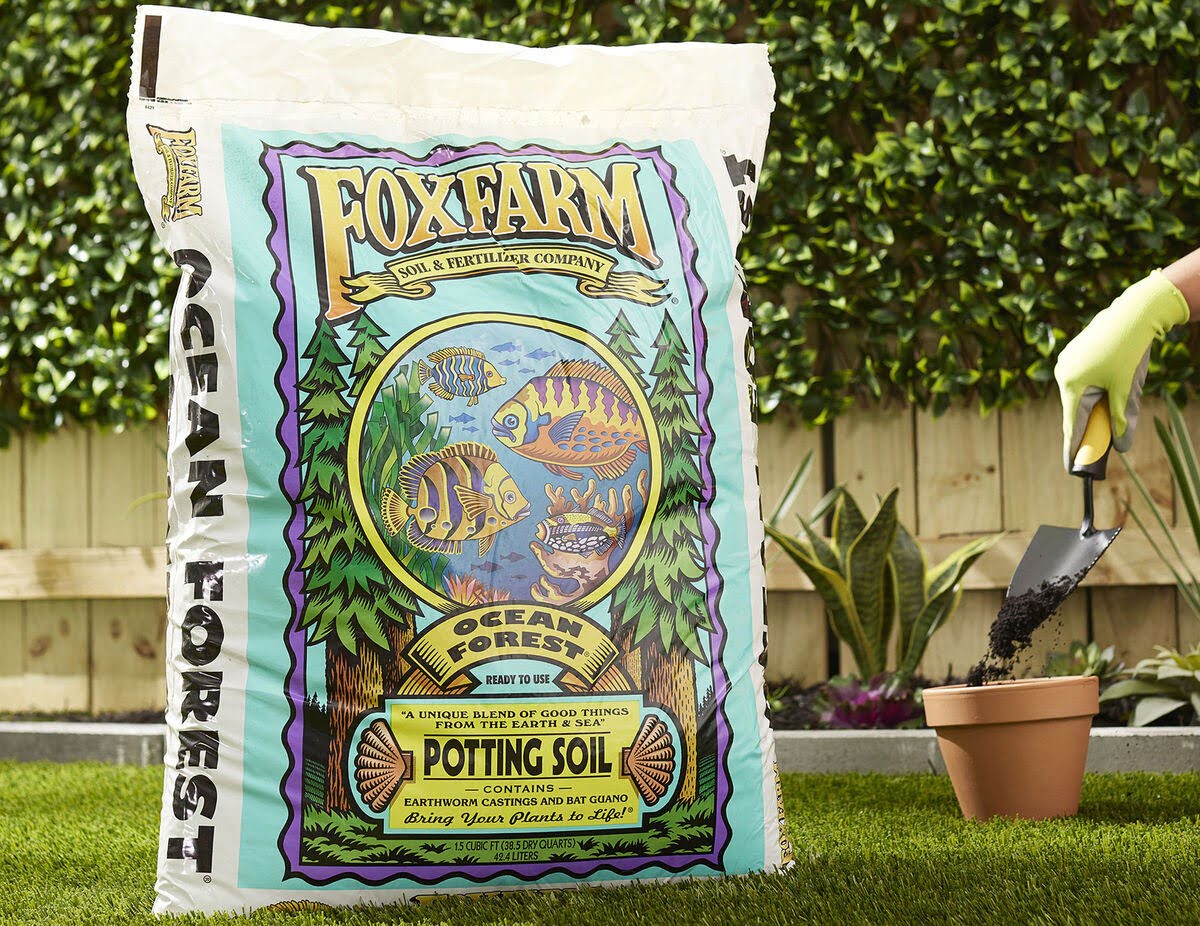
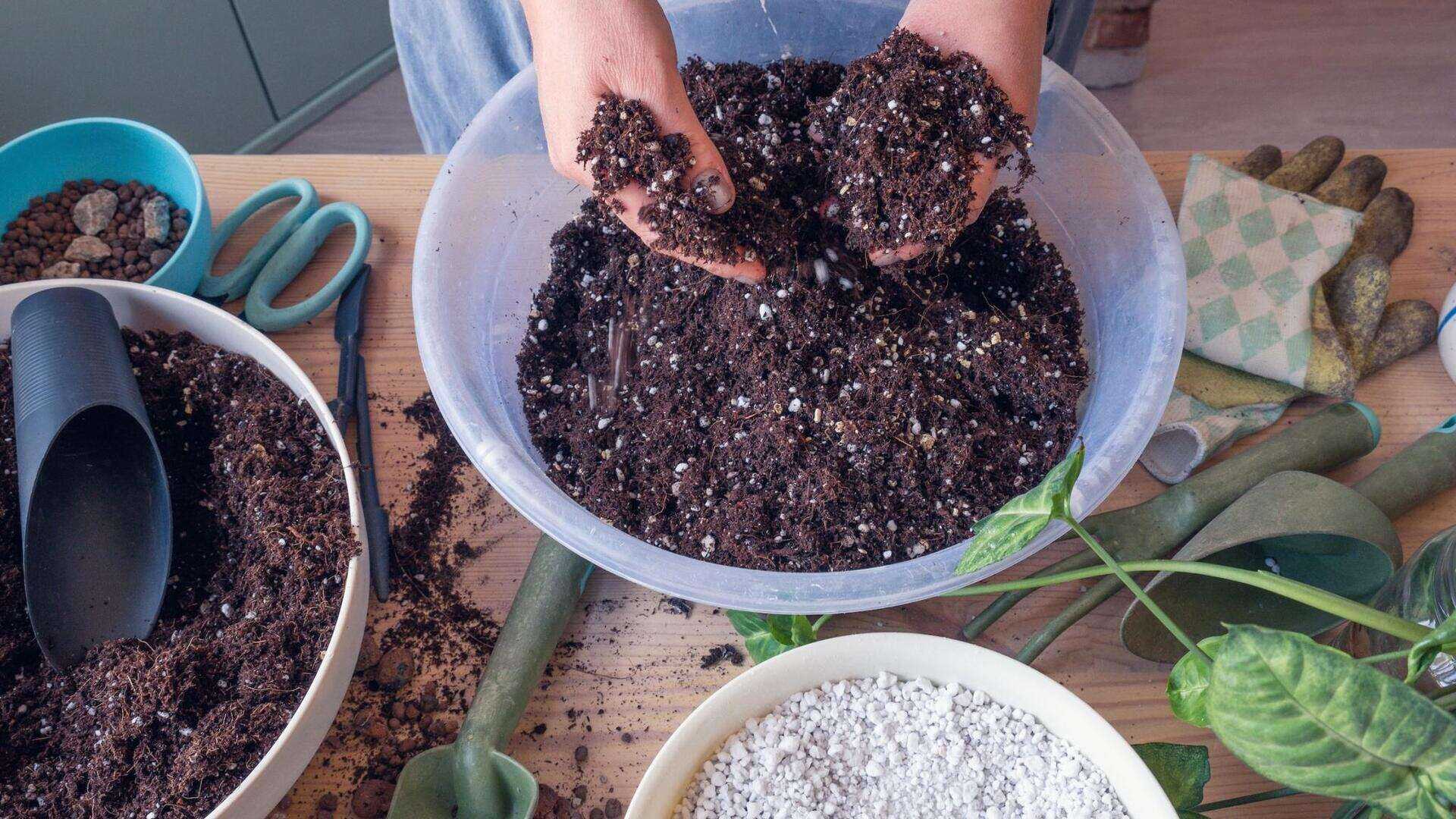
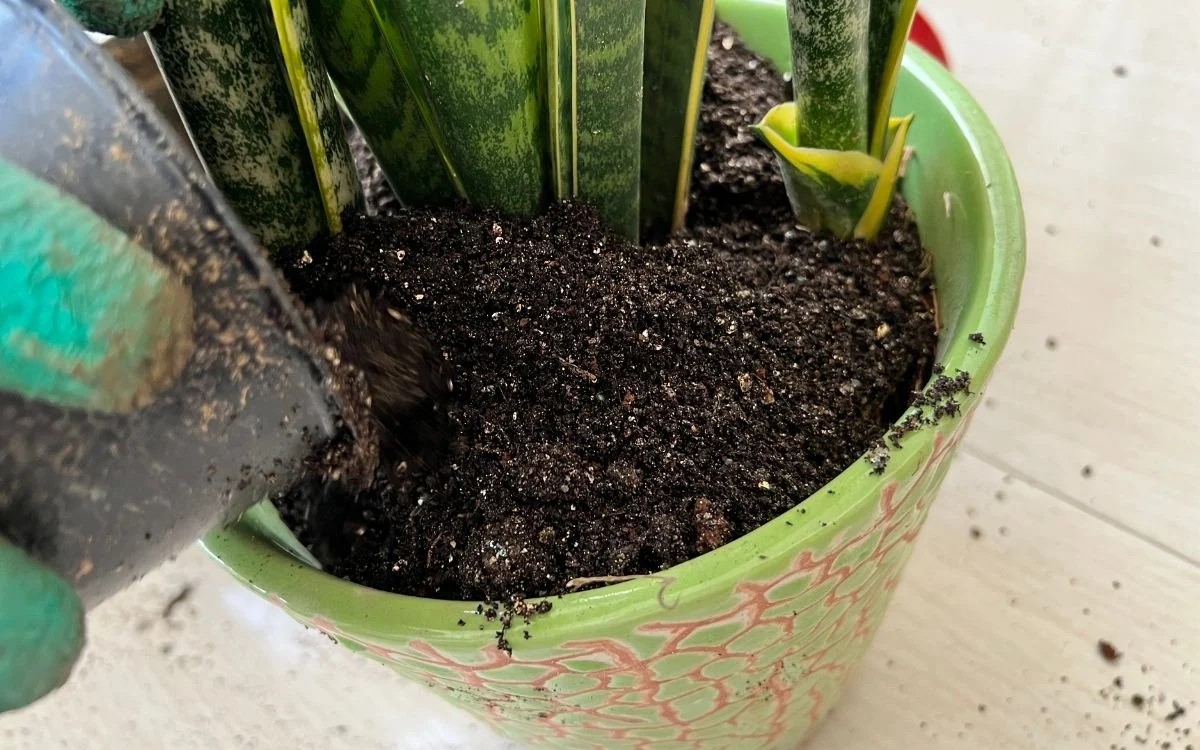

0 thoughts on “What Is The Best Soil Mix For Carrots”